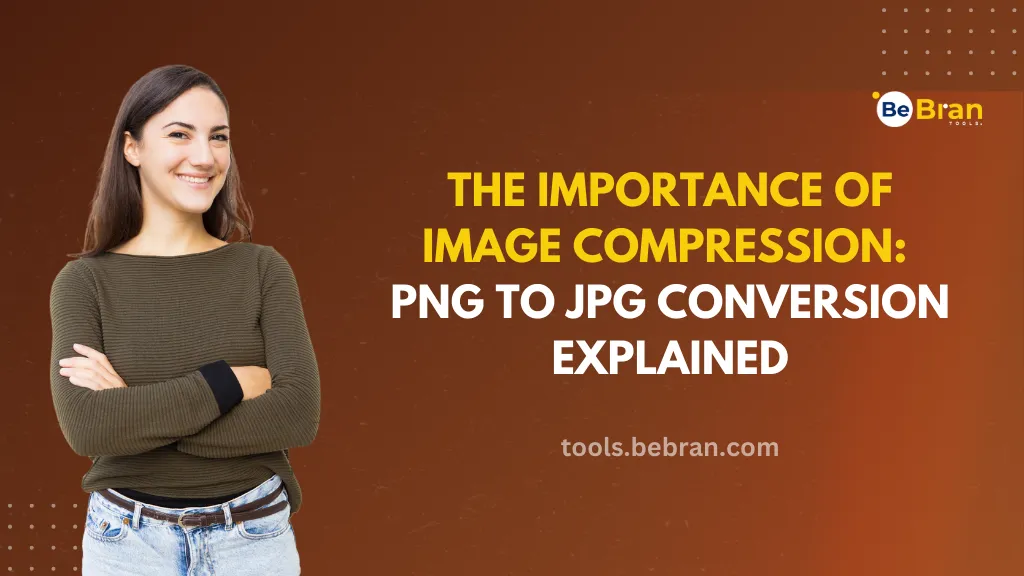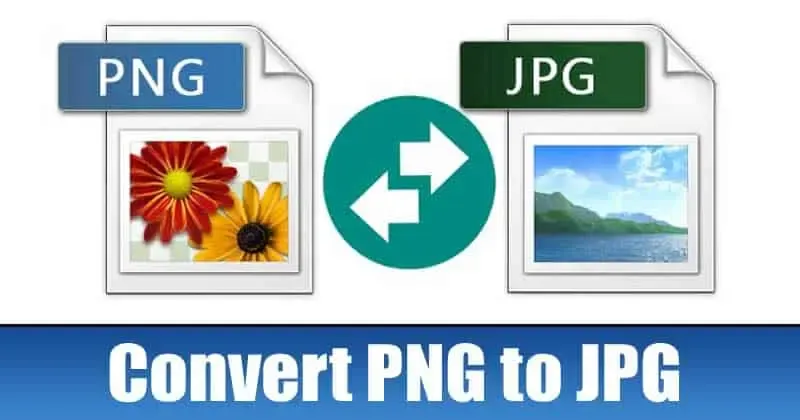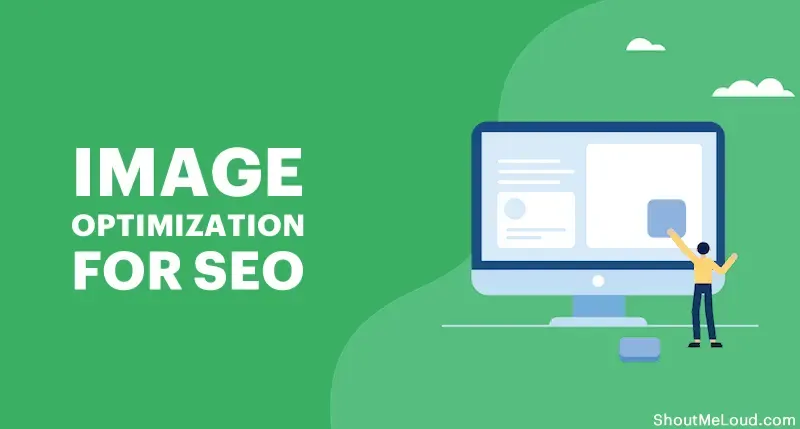
The Importance of Image Compression: PNG to JPG Conversion Explained
In the digital age, where visuals dominate our online experience, the importance of image compression cannot be overstated. Among the various methods available, converting PNG files to JPG using a PNG to JPG converter tool is a popular and efficient technique. This article delves into why and how you should consider using a PNG to JPG converter tool, especially a free PNG to JPG converter tool, to optimize your images for better performance online. Check out BeBran's Free PNG to JPG Converter Tool.
Understanding PNG and JPG Formats
Before diving into the conversion process, it's essential to understand the two image formats: PNG and JPG. PNG (Portable Network Graphics) is known for its lossless compression, meaning it doesn't lose quality over time or during file transfers. This format is ideal for images with text, transparent backgrounds, or graphics with sharp edges.
On the other hand, JPG (or JPEG, Joint Photographic Experts Group) is a lossy format. It reduces file size by compressing the image and, in the process, sacrifices some quality. This format is widely used for photographs and images with smooth variations in colors.
Why Convert PNG to JPG?
- Reduced File Size: JPG files are smaller in size compared to PNG. This reduction in file size makes JPGs ideal for web use, where loading speed is critical.
- Faster Loading Times: Websites with smaller image files load faster. A fast-loading website not only provides a better user experience but also ranks higher in search engine results.
- Widespread Compatibility: JPG is a universally recognized format, ensuring that your images will be viewable on virtually all devices and web browsers.
Choosing the Best PNG to JPG Converter Tool
When it comes to converting PNG to JPG, the internet offers a plethora of tools. However, finding the best PNG to JPG converter tool can be a game-changer. The best tools should offer:
- Ease of Use: A user-friendly interface is crucial. You want a tool that makes the conversion process simple and straightforward.
- Quality Retention: Even though JPG is a lossy format, the best converters can manage to keep the quality degradation to a minimum.
- Batch Conversion: If you're dealing with multiple images, a tool that supports batch conversion can save you a significant amount of time.
- Speed: A good converter should perform the conversion quickly, without long waiting times.
Using a Free PNG to JPG Converter Tool
While there are many paid tools available, a free PNG to JPG converter tool can be just as effective for most users. These free tools are particularly beneficial for individuals or small businesses that need to optimize their images without incurring additional costs. However, when using free tools, be mindful of:
- Security: Ensure the tool you use has good reviews regarding data security, especially if you're uploading sensitive images.
- Limitations: Some free tools might have limitations in terms of file size or the number of conversions you can do in a day. Be sure to check these before starting.
- Advertisements: Free tools might come with ads. While this is a minor inconvenience, it's a small price to pay for a free service.
Free Tools: Free Organize PDF Tool Online | Free PDF to ZIP Tool Online | Free Password Protect PDF Tool Online
How to Convert PNG to JPG
Converting PNG to JPG is a straightforward process with the right tool:
- Select a Converter: Choose a PNG to JPG converter tool based on the factors mentioned above. Check out BeBran's Free PNG to JPG Converter Tool.
- Upload Your PNG File: Most tools will have an option to upload or drag and drop your PNG file.
- Convert: Click on the convert button and wait for the tool to process the image.
- Download the JPG: Once the conversion is complete, download the JPG file to your device.

Optimizing Images for SEO
Beyond the technical aspects of using a PNG to JPG converter tool, it's important to understand how image optimization plays a role in Search Engine Optimization (SEO). Optimized images contribute significantly to website performance, impacting both user engagement and search engine rankings.
- Improved Page Load Speed: As mentioned earlier, converting PNG to JPG can drastically reduce file sizes, leading to faster page load times. Search engines like Google use page speed as a ranking factor, so optimizing your images can improve your website's visibility in search results.
- Enhanced User Experience: Websites that load quickly are more likely to retain visitors. A fast-loading page, aided by well-optimized images, ensures a smoother experience for your audience, potentially reducing bounce rates and increasing the time users spend on your site.
- Mobile Optimization: With the increasing use of mobile devices for internet access, ensuring your images are optimized for mobile is crucial. JPG files, being smaller in size, are more suitable for mobile platforms, providing faster loading times and a better overall user experience.
- Balancing Quality and Performance: While JPG files are smaller in size, they should still retain enough quality to be visually appealing. The best PNG to JPG converter tools allow you to strike the right balance, maintaining image clarity while reducing file size.

Tips for Using PNG to JPG Converter Tools Effectively
To make the most of your image conversion, here are some practical tips:
- Select the Right Resolution: Higher resolution images are larger in size. Choose a resolution that is suitable for your needs without being excessively high.
- Adjust Compression Settings: Some PNG to JPG converter tools allow you to adjust the level of compression. Experiment with different settings to find the right balance between image quality and file size.
- Batch Convert for Efficiency: If you have multiple images, use a converter tool that allows batch processing. This will save time and ensure consistency across all your images.
- Test Loading Times: After converting your images, test your website’s loading time to ensure that the conversion has positively impacted performance.
Explore More: Volume Converter Tools for Travelers: Navigating Different Measurement Systems | RGB to Hex Converter: A Handy Tool for Web Designers
Frequently Asked Questions
1. What is image compression?
Image compression is the process of reducing the size of an image file without significantly affecting its quality. This is done to save space and make it easier to share and upload images online.
2. Why is converting PNG to JPG important for image compression?
PNG files are often larger because they have high quality and support transparency. Converting them to JPG, which is a more compressed format, reduces file size significantly, making it easier to manage and share images, especially on the web.
3. Does converting PNG to JPG reduce image quality?
Yes, converting PNG to JPG may reduce image quality slightly, especially in areas with high detail or contrast. JPG uses lossy compression, which means some image data is lost during compression.
4. Can I convert PNG to JPG without any software?
Yes, there are many online tools available that can convert PNG to JPG without the need to download software. These tools are usually free and easy to use.
5. Is it possible to convert JPG back to PNG?
Yes, you can convert JPG back to PNG, but the lost quality from the initial PNG to JPG conversion won't be recovered. The PNG will have the quality of the JPG file.
6. Does image compression affect the loading time of websites?
Yes, image compression significantly affects website loading times. Smaller image files, like compressed JPGs, load faster, improving the website's performance and user experience.
7. Are there any disadvantages to converting PNG to JPG?
The main disadvantage is the potential loss of image quality and the loss of transparency, as JPG does not support transparent backgrounds.
8. How can I ensure the best quality when converting from PNG to JPG?
To ensure the best quality, choose the highest resolution possible and do not over-compress the JPG. Some tools allow you to choose the level of compression.
9. Can I compress an image multiple times?
Yes, but repeatedly compressing an image, especially with a lossy format like JPG, can significantly degrade its quality over time.
10. Why do some websites and platforms prefer JPG over PNG?
Many websites and platforms prefer JPG over PNG because JPG files are smaller in size, which helps in faster loading times and reduced bandwidth usage. This is especially important for mobile users and those with slower internet connections.



